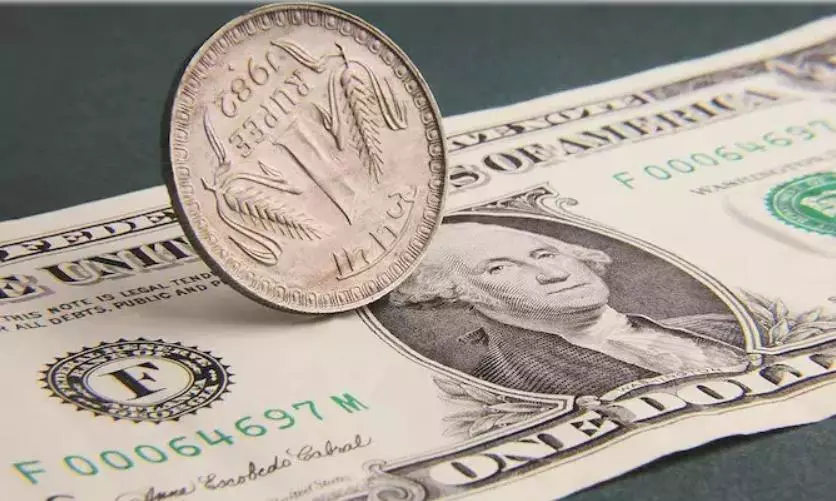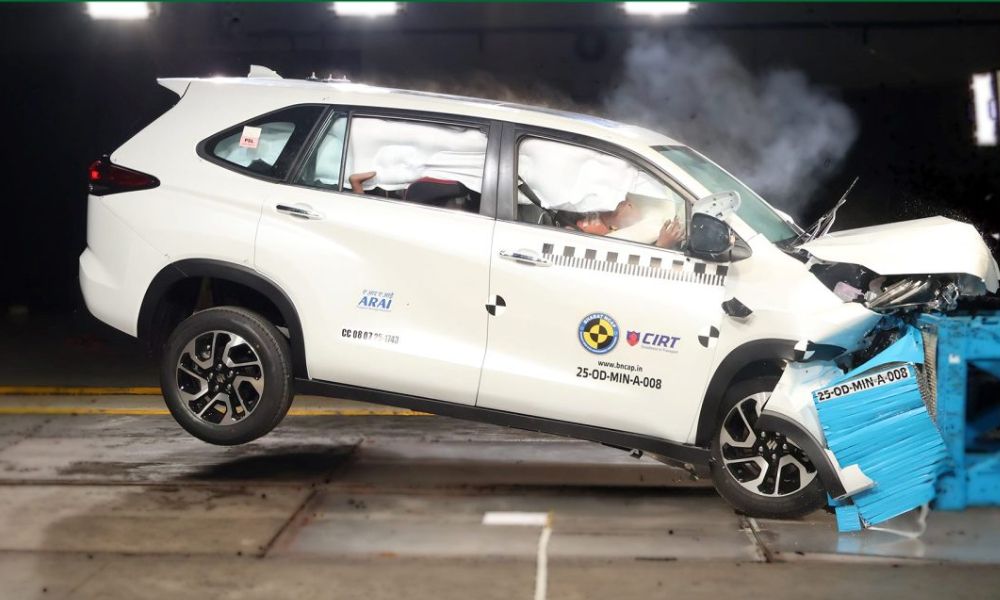On the NSE, the stock jumped 17 per cent.
Tata Motors to cancel DVR shares: Tata Motors is converting DVR shares to ordinary shares.
As Mint reported, Tata Motors announced on Tuesday (July 25) along with its results that, upon the effectiveness of the Scheme, the company will issue 7 fully paid-up new ordinary shares with a face value of ₹2 for every 10 ‘A’ ordinary shares with a face value of ₹2. This issuance will serve as consideration for the reduction and cancellation of the ‘A’ ordinary shares.
The termination of the ADS (American Depositary Shares) along with the proposed scheme of capital reduction of ‘A’ Ordinary shares will simplify and consolidate all traded equity securities of Tata Motors into Ordinary Shares listed only on NSE and BSE.
Earlier in January, Tata Motors said the voluntary delisting of its American Depositary Shares, representing ordinary shares, from the New York Stock Exchange, would become effective close of trading on January 23, 2023.
Read more: Tata Motors to convert DVR shares to ordinary
What are DVR shares?
DVR stands for differential voting rights. Experts pointed out the first DVR shares were issued by Tata Motors in 2008.
DVR shares are designed to give different voting rights to their shareholders compared to regular equity shares. For example, in a company, investors get one voting right for one share. This means each shareholder has one vote per share they hold. However, DVR shares may have either more or fewer voting rights than regular shares, depending on the company’s structure.
In the case of High-Differential Voting Rights, shareholders have more voting power compared to regular shareholders while in the case of Low-Differential Voting Rights (DVRs), shareholders get fewer voting rights compared to regular shares.
As per experts, “DVR shares typically offer lower voting rights so they are very useful for companies that want to raise money in the market without diluting effective control of the company. Companies usually compensate for the lower voting rights by paying a dividend premium of 10-20 per cent for DVR shares.”
What will the conversion of DVR shares to Tata Motors shares mean?
First thing first, the conversion of DVR shares will result in a 4.2 per cent reduction in the number of outstanding equity shares, making it value accretive for all shareholders.
Brokerage firm Nirmal Bang pointed out that the capital reduction consideration translates to a 23 per cent premium to the ‘A’ ordinary share price. This will result in a 4.2 per cent reduction in the number of outstanding equity shares, making EPS (earnings per share) accretive for all shareholders.
Aditya Gaggar Director of Progressive Shares underscored that DVRs were introduced for the first time in the Indian markets in 2008 by Tata Motors. The regulatory changes have since restricted the issuance of such instruments and hence, Tata Motors remained the only listed corporate with such an instrument.
“The DVRs carry 1/10th of the voting rights of ordinary shares but are entitled to 5 per cent points higher dividend. The re-organisation of share capital will simplify and consolidate the company’s capital structure and preserve liquidity, in addition to being value-accretive with a reduction of outstanding equity shares by 4.2 per cent, standing beneficial to all shareholders,” Gaggar observed.
Gaggar pointed out that upon completion, the effective voting rights of the promoter and promoter group will be reduced by 3.16 per cent. The holders of the DVR will get seven ordinary shares (face value of ₹2) for every 10 DVRs held which works out to be a premium of 23 per cent over the previous day’s close of the DVR shares and a 30 per cent discount to the Tata Motors ordinary shares.
“It is effectively a buyback without any spending and as there is no cash outgo there would be no impact on the net debt. The whole procedure is expected to be completed in 12-15 months,” said Gaggar.
How will it impact Tata Motors, Tata Motors DVR shareholders?
Brokerage firm Kotak Institutional Equities said there will be no cash outgo for Tata Motors and hence, it will have no impact on debt levels.
“Along with the delisting of ADR (earlier this year), the above actions will simplify and consolidate trading of Tata Motors equity shares. In terms of taxation, ‘A’ ordinary shareholders will be taxed. Taxes will be withheld for deemed dividends and capital gains. The company will create an independent trust to operationalise the scheme and settle tax liabilities. The trust will sell ordinary shares to settle applicable taxes and the net ordinary shares and cash for fractional entitlement will be credited to shareholders’ accounts,” said Kotak.
Manish Chowdhury, Head of Research at StoxBox said the proposed scheme will simplify, consolidate and increase liquidity of all traded equity securities of Tata Motors on the BSE and NSE.
“As the proposed reorganization of shares will result in a reduction in equity shares outstanding, the whole exercise would be earnings accretive for shareholders,” said Chowdhury.
Read more: JLR drives Tata Motors to ₹3,203 cr profit in Q1
Read all market-related news here
Disclaimer: The views and recommendations above are those of individual analysts and broking companies, not of Mint. We advise investors to check with certified experts before taking any investment decisions.
Download The Mint News App to get Daily Market Updates.
Updated: 26 Jul 2023, 11:21 AM IST















































